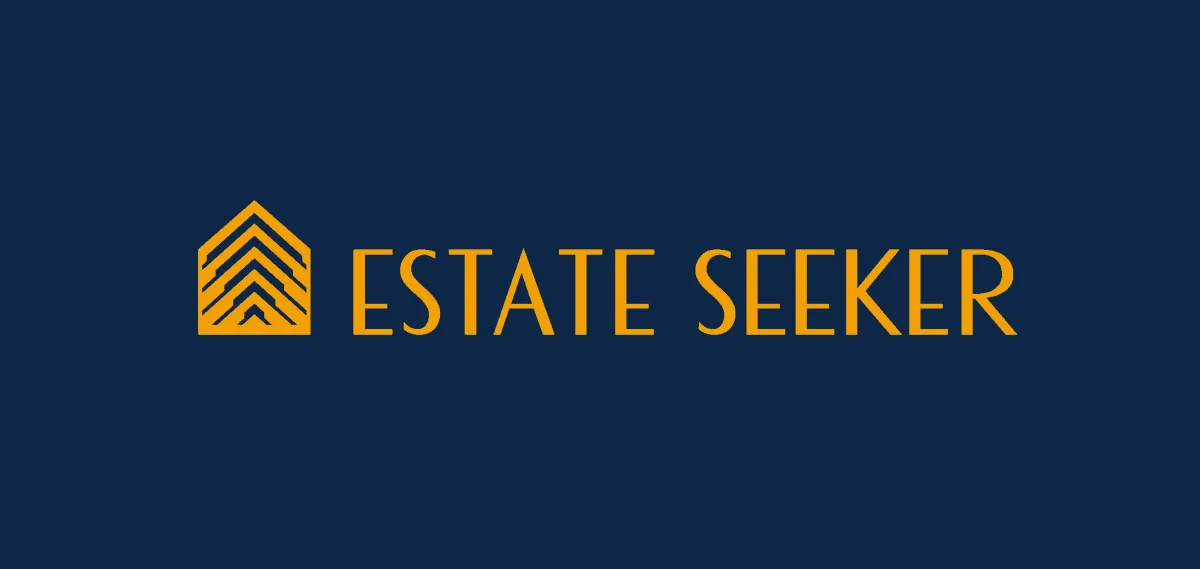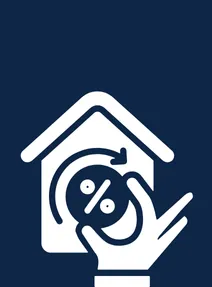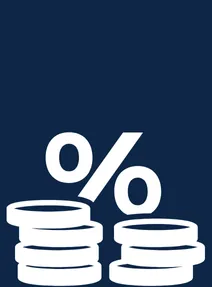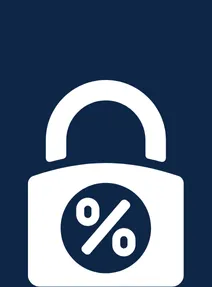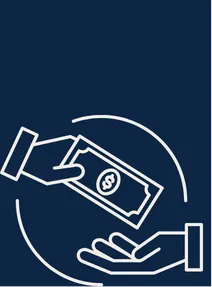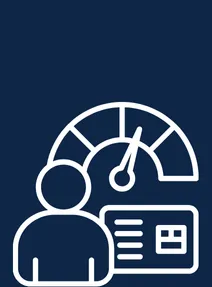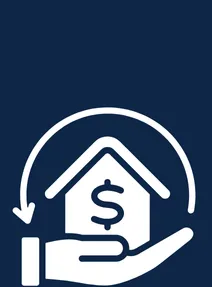Fixed Interest Rate Home Loans
Fixed Interest Rate Home Loans
What Is a Fixed Interest Rate?
A fixed interest rate home loan means your interest rate—and your loan repayments—stay
the same for a set period, usually between 1 to 5 years. During that time, your rate is locked
in, protecting you from any increases in the lender’s variable rate or changes to the Reserve
Bank of Australia's (RBA) cash rate.
It’s a popular option among Australian home buyers who want certainty and stability in their
monthly repayments.
Benefits of a Fixed Rate Loan
Predictable repayments — makes budgeting easier
Protection from rate rises — especially helpful when interest rates are trending upward
Peace of mind — no surprises during the fixed period
Considerations Before Fixing Your Rate
While fixed rate loans offer stability, they do come with some limitations:
Limited flexibility – Often fewer options for extra repayments or redraw
Break fees – You may face high penalties if you exit the loan early
No benefit from rate drops – If the market interest rates fall, your repayments stay the
same
Some borrowers choose a split loan—part fixed, part variable—for a balance of stability and
flexibility.
Is a Fixed Rate Right for You?
A fixed interest rate may be a good fit if:
You want consistent repayments
You’re buying your first home and need predictable budgeting
You expect rates to rise and want to lock in current rates
💬 Need Guidance?
Choosing between fixed and variable interest rates can be tricky. The team at Winsquare Finance
can walk you through the pros and cons based on your goals and financial situation.
Let’s find the right home loan structure for you—get in touch for a free consultation.
Related Topics
Variable rates can go up or down at any time — meaning your mortgage costs change, too. Here’s how they work, the pros and cons, and when they might actually save you money.
A loan structure where you pay only the interest charges for an initial term—keeping early repayments low—before principal repayments kick in.
An agreement that secures your interest rate for a set period—protecting you from rate rises while your loan is processed.
Understand how lenders determine your borrowing power and what factors impact loan approval. Learn how to improve your eligibility and maximise your home loan options.
Discover the five key factors lenders evaluate when assessing loan applications and learn how each plays a role in securing mortgage approval.
A high LVR could mean extra costs, while a low LVR can save you thousands. Find out why lenders care so much about this number.
What Is a Fixed Interest Rate?
A fixed interest rate home loan means your interest rate—and your loan repayments—stay the same for a set period, usually between 1 to 5 years. During that time, your rate is locked in, protecting you from any increases in the lender’s variable rate or changes to the Reserve Bank of Australia's (RBA) cash rate.
It’s a popular option among Australian home buyers who want certainty and stability in their monthly repayments.
Benefits of a Fixed Rate Loan
Predictable repayments — makes budgeting easier
Protection from rate rises — especially helpful when interest rates are trending upward
Peace of mind — no surprises during the fixed period
Considerations Before Fixing Your Rate
While fixed rate loans offer stability, they do come with some limitations:
Limited flexibility – Often fewer options for extra repayments or redraw
Break fees – You may face high penalties if you exit the loan early
No benefit from rate drops – If the market interest rates fall, your repayments stay the same
Some borrowers choose a split loan—part fixed, part variable—for a balance of stability and flexibility.
Is a Fixed Rate Right for You?
A fixed interest rate may be a good fit if:
You want consistent repayments
You’re buying your first home and need predictable budgeting
You expect rates to rise and want to lock in current rates
💬 Need Guidance?
Choosing between fixed and variable interest rates can be tricky. The team at Winsquare Finance can walk you through the pros and cons based on your goals and financial situation.
Let’s find the right home loan structure for you—get in touch for a free consultation.
Related Topics
Variable rates can go up or down at any time — meaning your mortgage costs change, too. Here’s how they work, the pros and cons, and when they might actually save you money.
A loan structure where you pay only the interest charges for an initial term—keeping early repayments low—before principal repayments kick in.
An agreement that secures your interest rate for a set period—protecting you from rate rises while your loan is processed.
Understand how lenders determine your borrowing power and what factors impact loan approval. Learn how to improve your eligibility and maximise your home loan options.
Discover the five key factors lenders evaluate when assessing loan applications and learn how each plays a role in securing mortgage approval.
A high LVR could mean extra costs, while a low LVR can save you thousands. Find out why lenders care so much about this number.
© 2025 Estate Seeker.com.au - All Rights Reserved. Content on this site is for educational purposes only.
Always consult with a professional before making any investment decisions.
